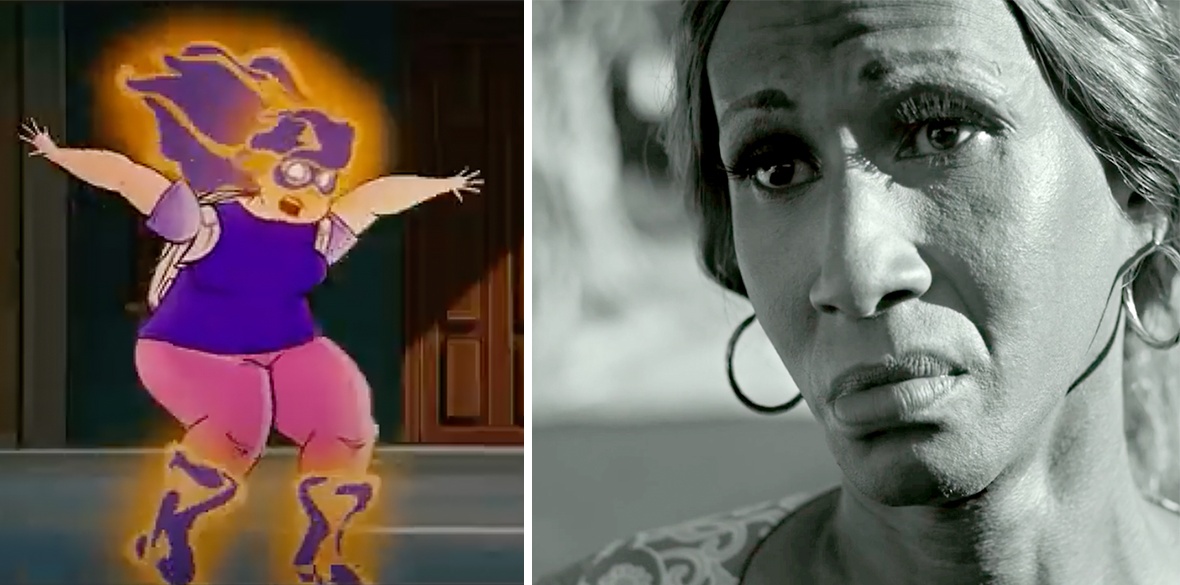This is the last article you can read this month
You can read more article this month
You can read more articles this month
Sorry your limit is up for this month
Reset on:
Please help support the Morning Star by subscribing here
TANIA DELGADO was, until last year, vice president of ICAIC, the Cuban film Institute, and she is justifiably proud of its history. Founded on March 24 1959, in the immediate aftermath of the revolution, it was the first cultural organisation created in the new state, demonstrating the high esteem in which the medium of cinema was held by the new regime. Before then cinema had been a marginal activity on the island, but “after ‘59,” she says, “came the boom!”
The festival Screen Cuba has been designed to give the UK audience a taste of the whole period with classics from the 1960s by the recognised masters of early Cuban film-making, the so-called “Third Cinema,” Tomas Alea and Sarah Gomez, featuring alongside contemporary films that extend the remarkable tradition of socialist cinema, films that extend the work of the revolution through social critique.
Tomas Alea’s interrogation of “machismo,” the film Hasta Un Cierto Punto, famously played to one third of the island’s entire population in 1983, and the recent animation Supergal (2022), written by Ernesto Pina and Hugo Rivalta, extends that process in a playful way, telling the story of a female Chemistry teacher whose superpower is the capacity to transform violent men by clarifying their thoughts.
“We have an archive of more than 6,000 titles,” says Delgado, “and we need assistance in the costly process of preserving and digitising this work.”
In Cuba cinema has retained its importance and the government retains its commitment to the artform. This lead to legislation in 2019 that “has put into motion the process of addressing the strengths and shortcomings of film production.” Notably, this meant that for the first time since 1959 the existence of an independent sector has been recognised, and has seen the emergence of co-productions between ICAIC and independent companies.
This change occurred during Covid and one film in the programme, Tales of One More Day (2022), is the first fruit of such collaboration. How did it come about?
“We made a call our to creators for short films,” says Delgado, “that had the common thread of ‘love’ and human relations in a situation of social duress.” This project was co-ordinated by Fernando Perez, whose historical drama The Life of Marti: the Eye of the Canary is also being shown at the festival in London. The result is “a beautiful and heartfelt film that had a fantastic reception in Cuba. After Covid, we reopened the cinemas with this film.”
How did the collaboration with independent companies affect the content of the film?
“It introduced different points of view, different cinematographic styles, and a wealth of social content. And this is how Cuban cinema has always been — a classic like Strawberries and Chocolate (1993) reflected the feeling in the artistic community that discrimination against LGBTQ people needed to be addressed through the political agenda of equality, and it is the same here.”
What impact has the introduction of the new Family Code, passed by referendum in September 2022, had on such projects?
“That,” she says, “was an astonishing process. I had my doubts! I am a lawyer by training and I followed it closely. It was really a big win for Cuban society to approve the Family Code.” Very significant is the part played by ICAIC: “Before and during the process of the projected legislation we launched a call for short films to support it, to explore the themes of non-violence against women and children, respect for young women and LGBTQ people.”
Delgado singles out the contribution of Alan Gonzalez, who also contributed to Tales of One More Day, to the Family Code films. His film Azul Pandora (Blue Pandora), has been seen in Rotterdam and was the prelude to his ferocious new feature The Wild Women.
These are indications of the continuing social vitality of Cuban cinema, and as director of Havana Film Festival she takes on its historic duty to promote Cuban and Latin American cinema to a global audience. In London on Monday she will lead a round table discussion to addresses the problem of distributing such films in a global context where the vast majority of screens are occupied by US produced or co-produced content.
Screen Cuba runs March 9-22. For more information see: screencuba.uk










